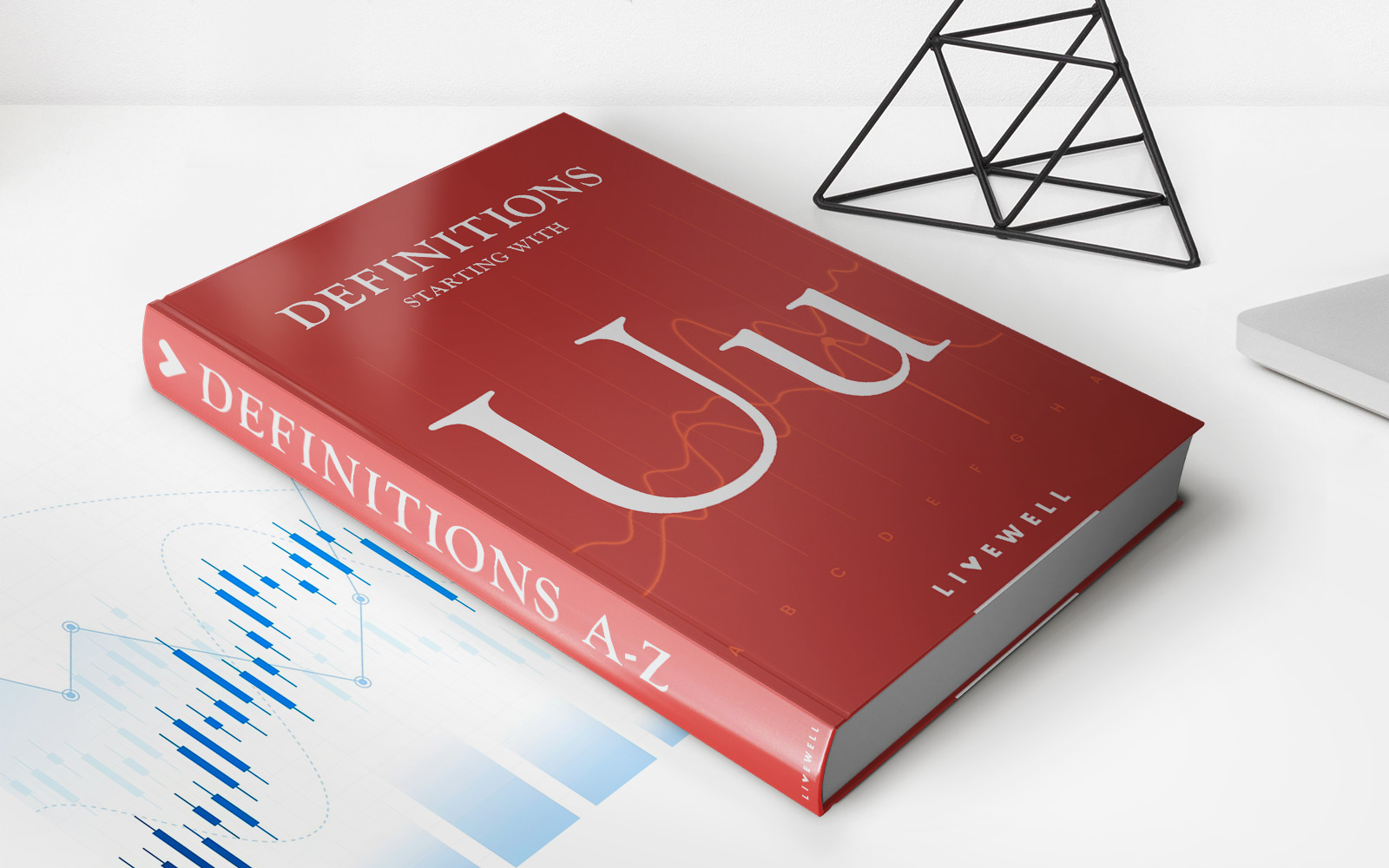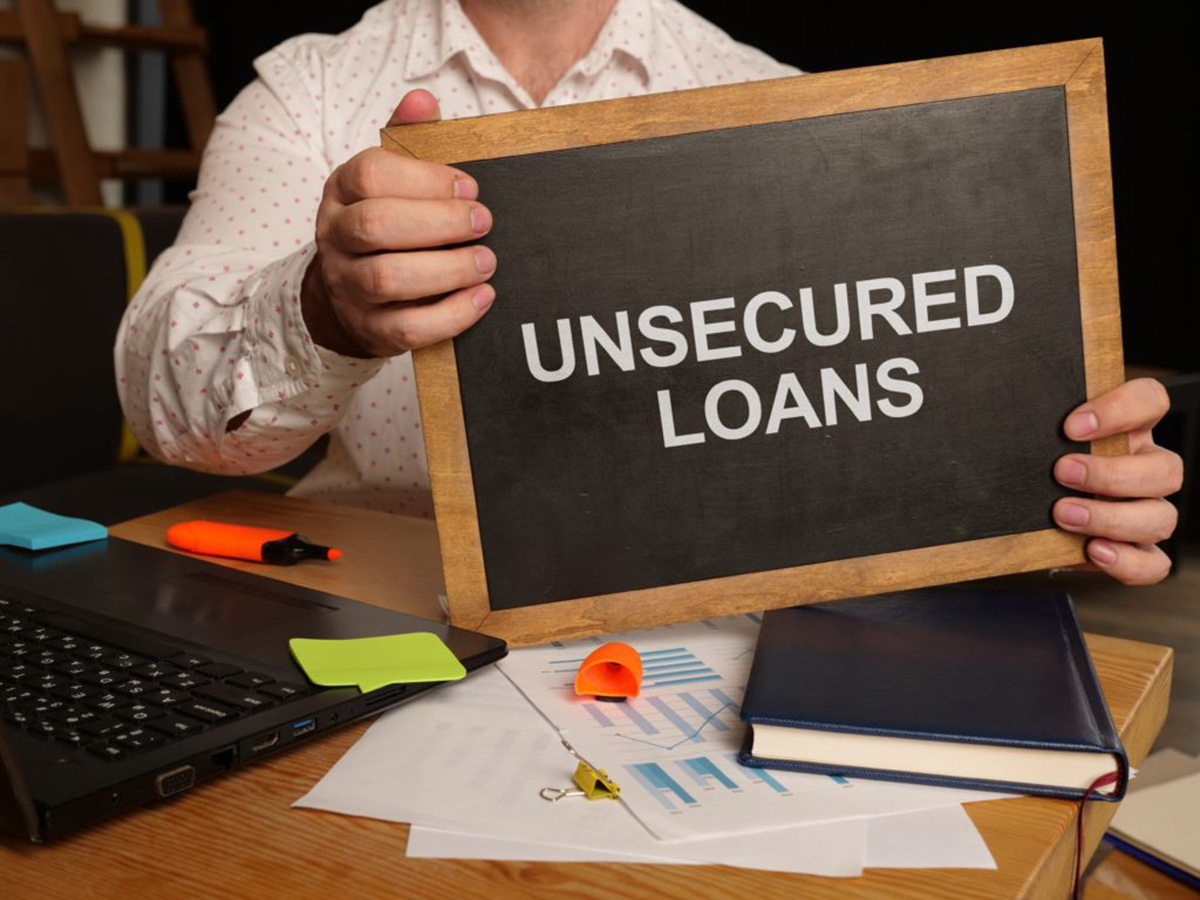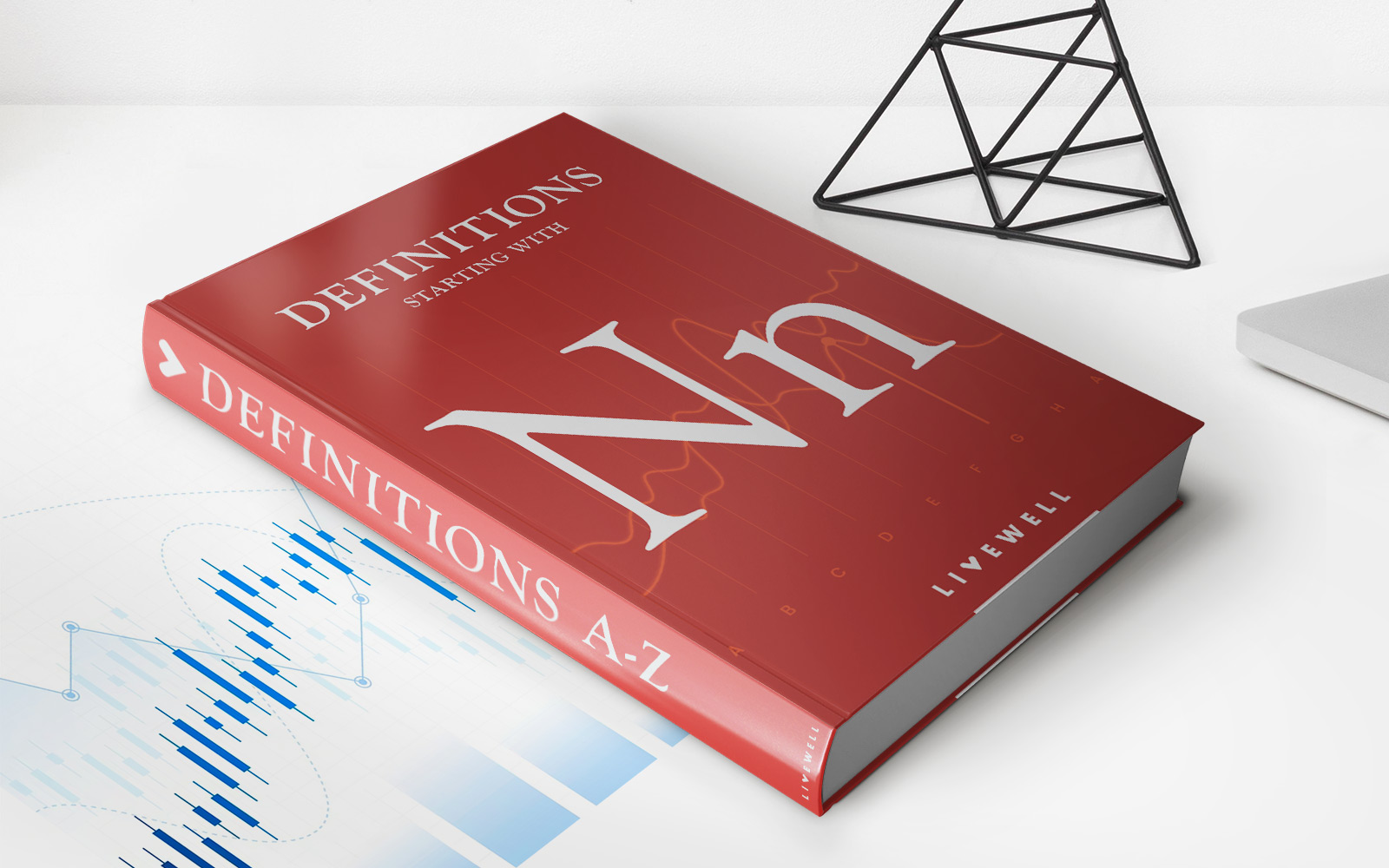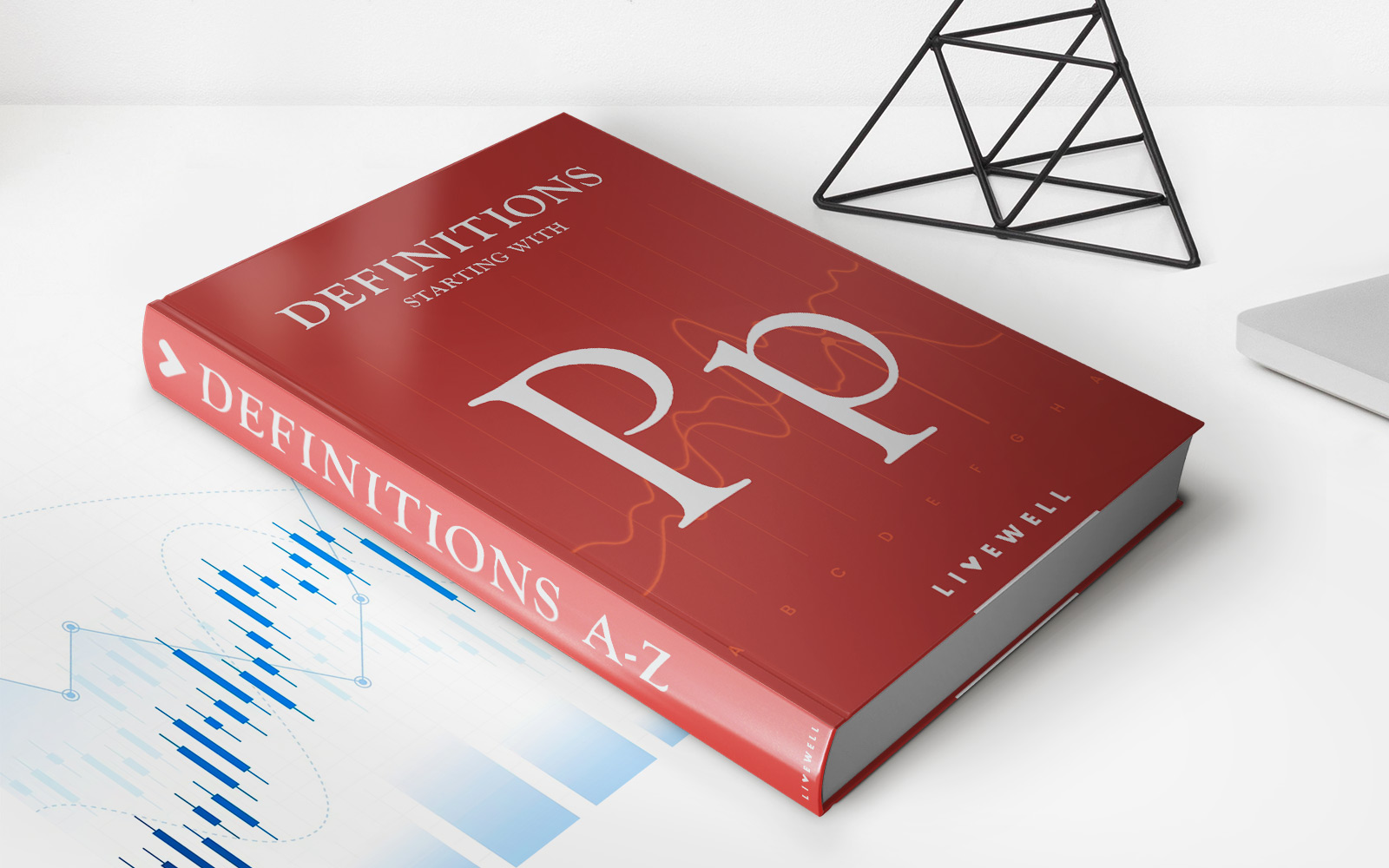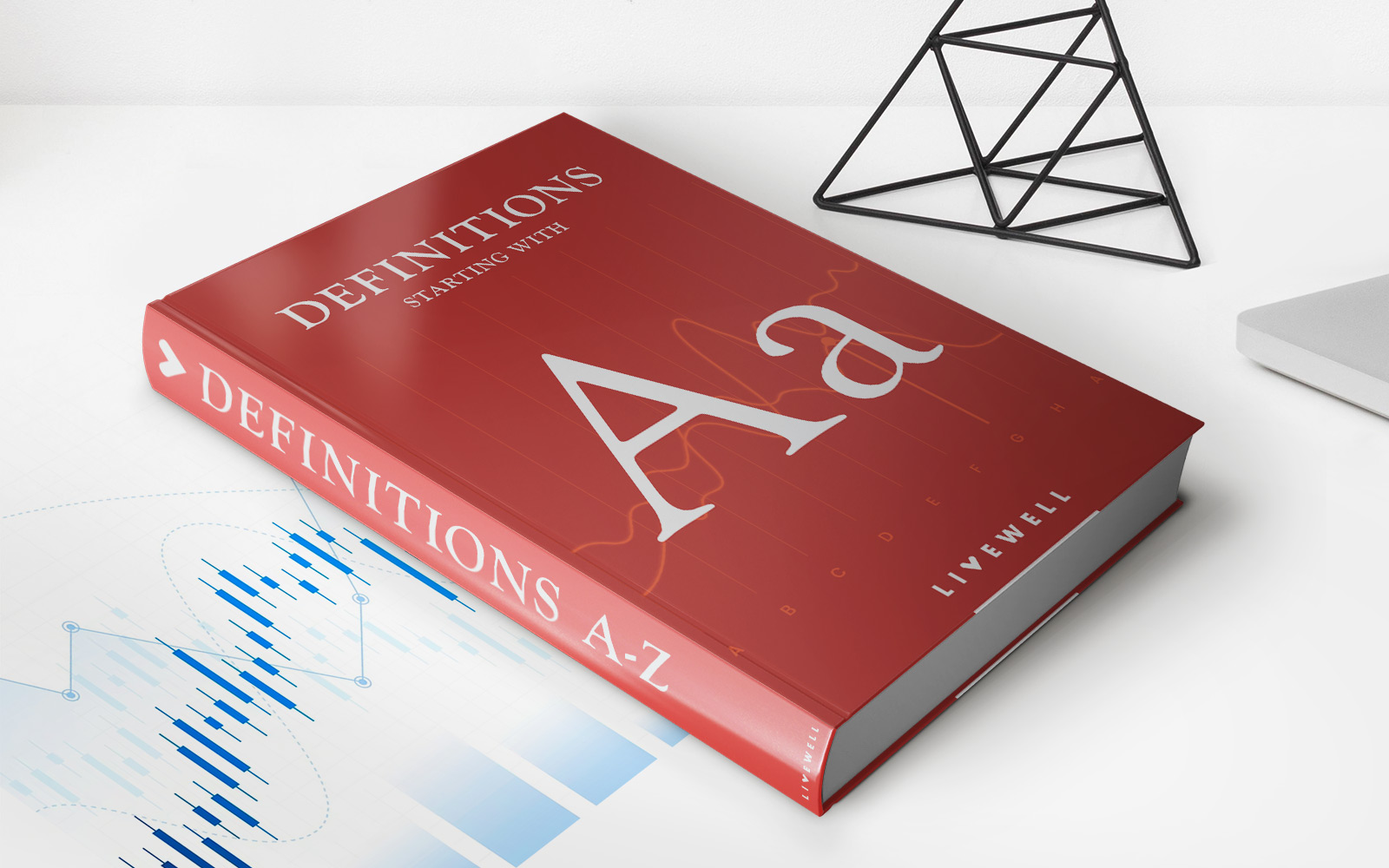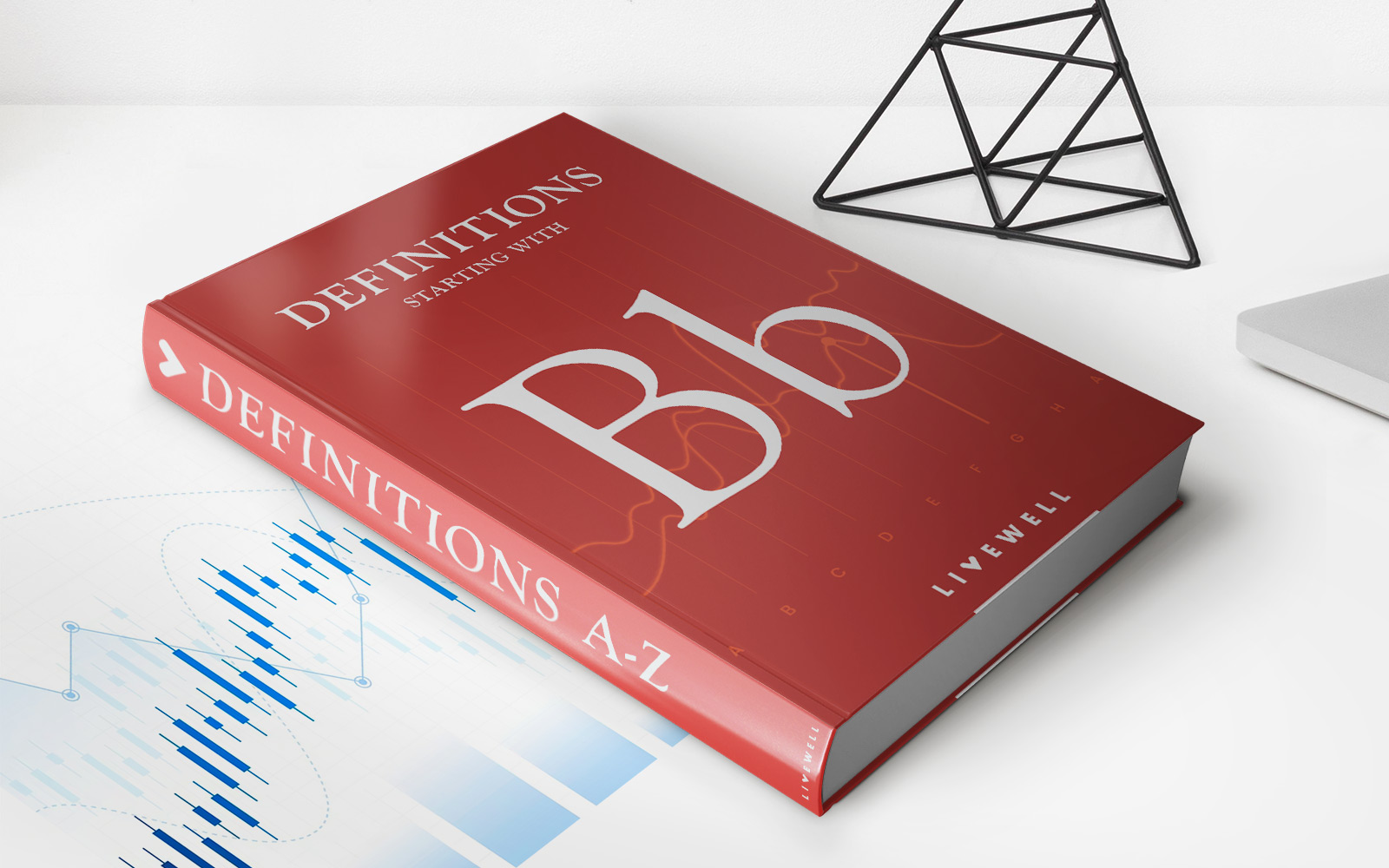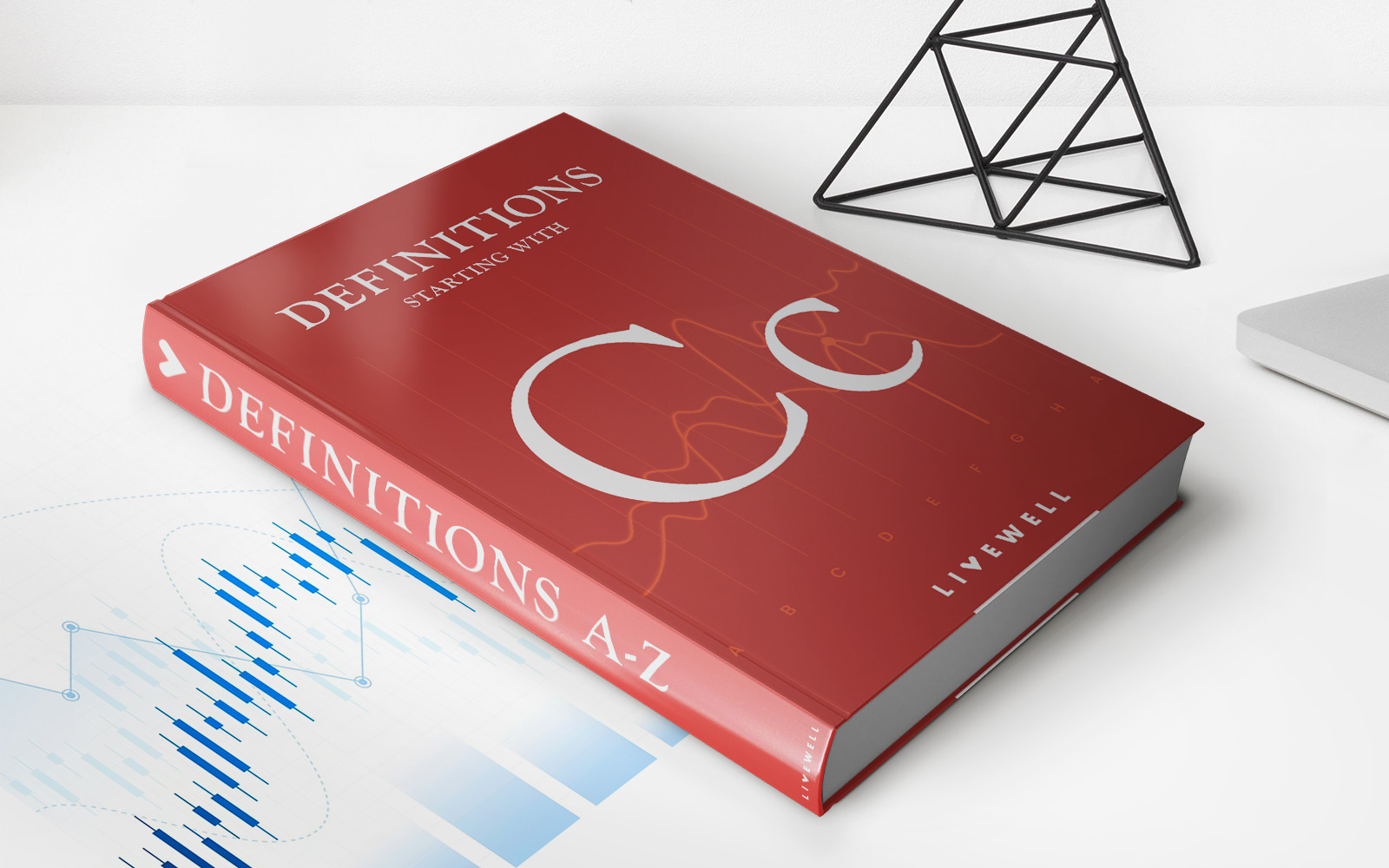
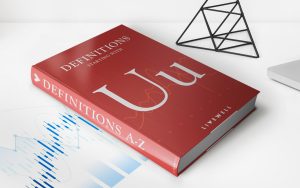
Finance
Unsecured Debt Definition
Published: February 14, 2024
Learn the definition of unsecured debt and its significance in finance. Discover how this type of debt affects individuals and businesses.
(Many of the links in this article redirect to a specific reviewed product. Your purchase of these products through affiliate links helps to generate commission for LiveWell, at no extra cost. Learn more)
Unsecured Debt Definition: What You Need to Know
Welcome to our “FINANCE” category, where we dive deep into various finance topics to help you gain a better understanding of important concepts that can impact your financial health.
When it comes to managing your personal finances, understanding different types of debt is crucial. One common type of debt is unsecured debt. In this blog post, we will explore the definition of unsecured debt, discuss its pros and cons, and provide tips on how to manage it effectively.
Key Takeaways:
- Unsecured debt refers to loans or credit agreements that do not require collateral, such as a house or car.
- Examples of unsecured debt include credit cards, personal loans, medical bills, and student loans.
What is Unsecured Debt?
Unsecured debt, as the name suggests, is a type of debt that is not secured by any collateral. Unlike secured debt, which is backed by assets such as a home or a vehicle, unsecured debt is based solely on your creditworthiness and promise to repay the borrowed amount.
Examples of unsecured debt include:
- Credit card balances
- Personal loans
- Medical bills
- Student loans
Since unsecured debt doesn’t require collateral, lenders face higher risks compared to secured debt. To compensate for this risk, lenders typically charge higher interest rates on unsecured loans.
Pros and Cons of Unsecured Debt
Like any financial instrument, unsecured debt has its own set of pros and cons. Here are a few points worth considering:
Pros:
- Easier to obtain: Unsecured debt is generally easier to obtain, as it doesn’t require collateral and may have less stringent approval criteria.
- Flexibility: Unsecured debt can be used for various purposes, such as funding a business venture, consolidating higher-interest debt, or covering unexpected expenses.
- No risk to assets: Since no collateral is involved, defaulting on unsecured debt will not result in the loss of your assets, such as your home or vehicle.
Cons:
- Higher interest rates: Due to the higher risk faced by lenders, unsecured debt tends to carry higher interest rates compared to secured debt.
- Impact on credit score: Defaulting or falling behind on payments for unsecured debt can have a negative impact on your credit score, making it harder to access credit in the future.
- Debt accumulation risk: The ease of obtaining unsecured debt can lead to overspending and a higher risk of accumulating excessive debt.
Managing Unsecured Debt Effectively
While unsecured debt can be a useful tool, it’s essential to manage it effectively to avoid potential financial pitfalls. Here are a few tips to keep in mind:
- Create a budget: Track your income and expenses to ensure you have a clear understanding of your financial situation and can allocate funds towards debt repayment.
- Pay on time: Make timely payments to avoid late fees, high-interest charges, and negative impacts on your credit score.
- Pay more than the minimum: If possible, try to pay more than the minimum payment to reduce your outstanding balance faster and save on interest charges.
- Avoid unnecessary debt: Be mindful of taking on additional debt unless absolutely necessary. Consider alternatives such as saving up for a purchase or exploring lower-interest options.
- Seek professional help if needed: If you’re struggling to manage your unsecured debt, seek assistance from credit counseling agencies or financial professionals who can provide guidance and support.
Remember, managing your debt responsibly is key to achieving and maintaining financial stability. By understanding the definition and nuances of unsecured debt, you can make informed decisions and take control of your financial future.
Thank you for reading our blog post on unsecured debt definition. Stay tuned for more informative articles in our “FINANCE” category.




